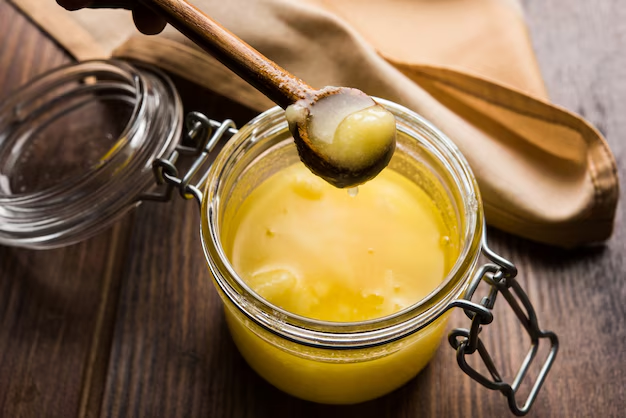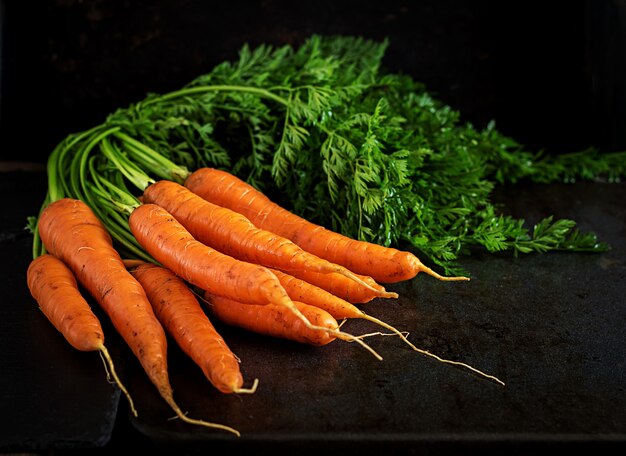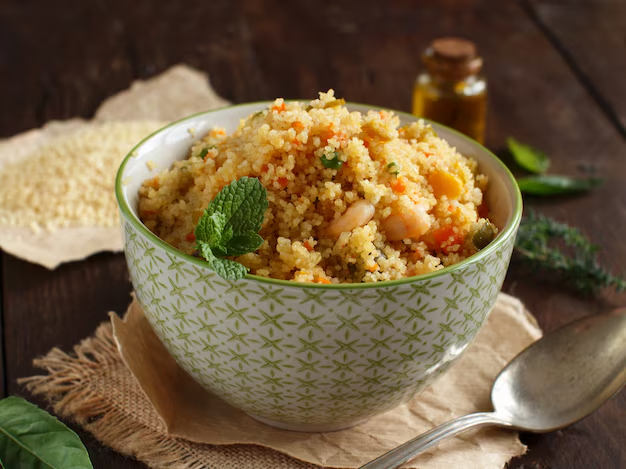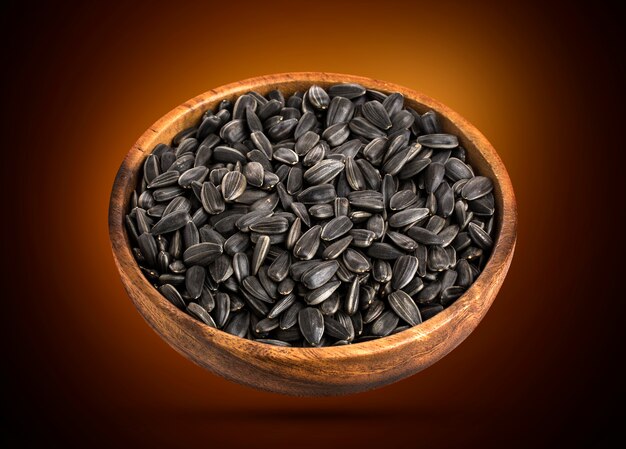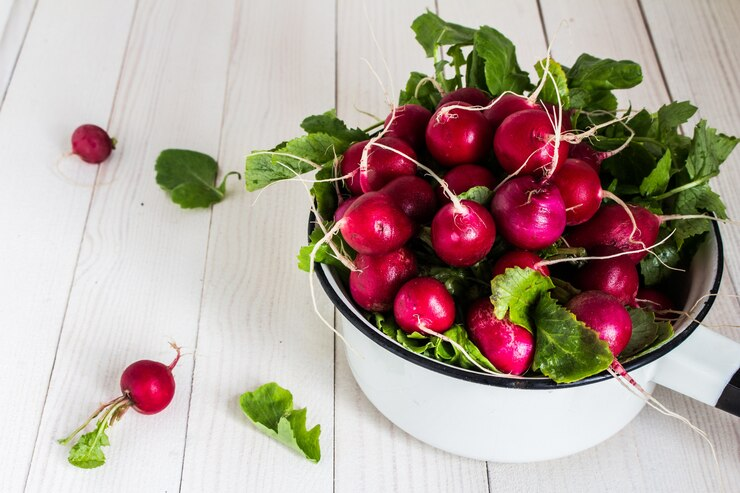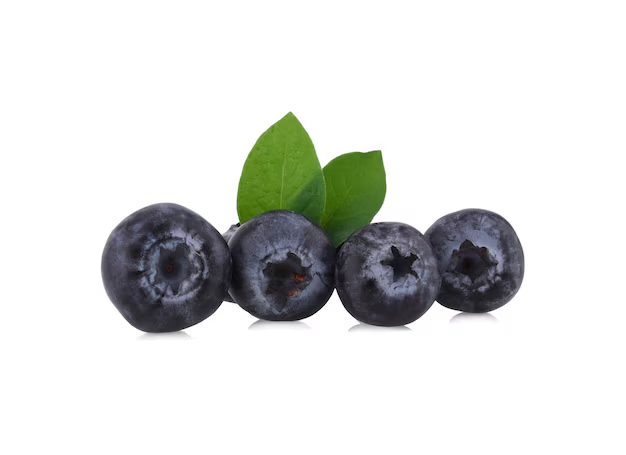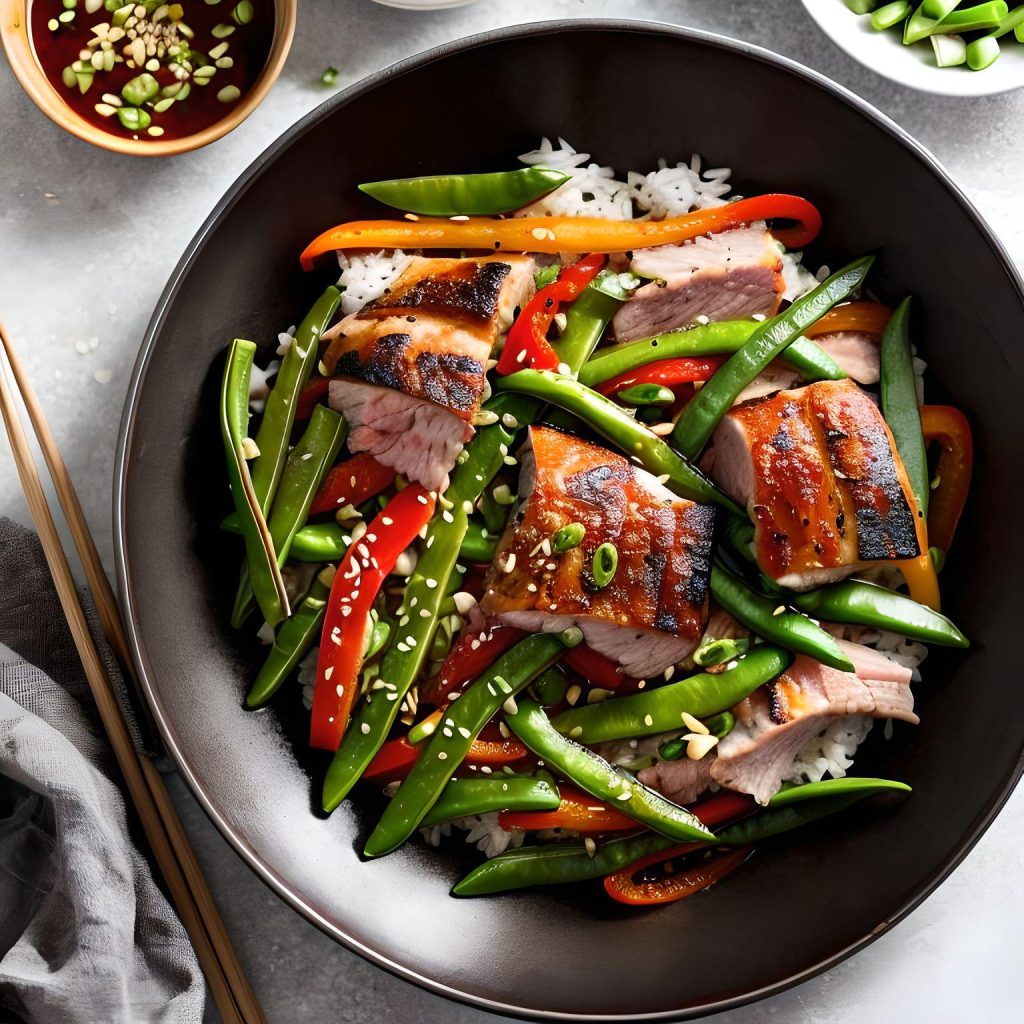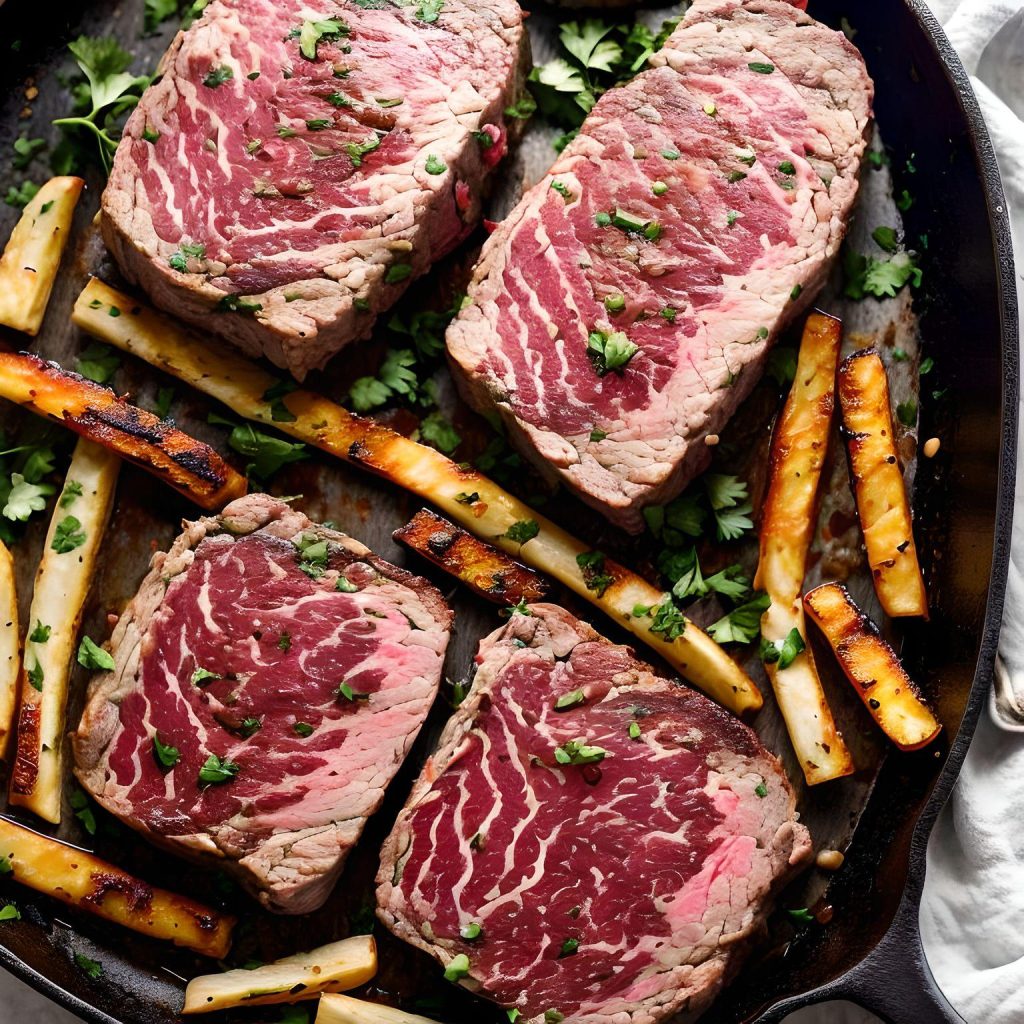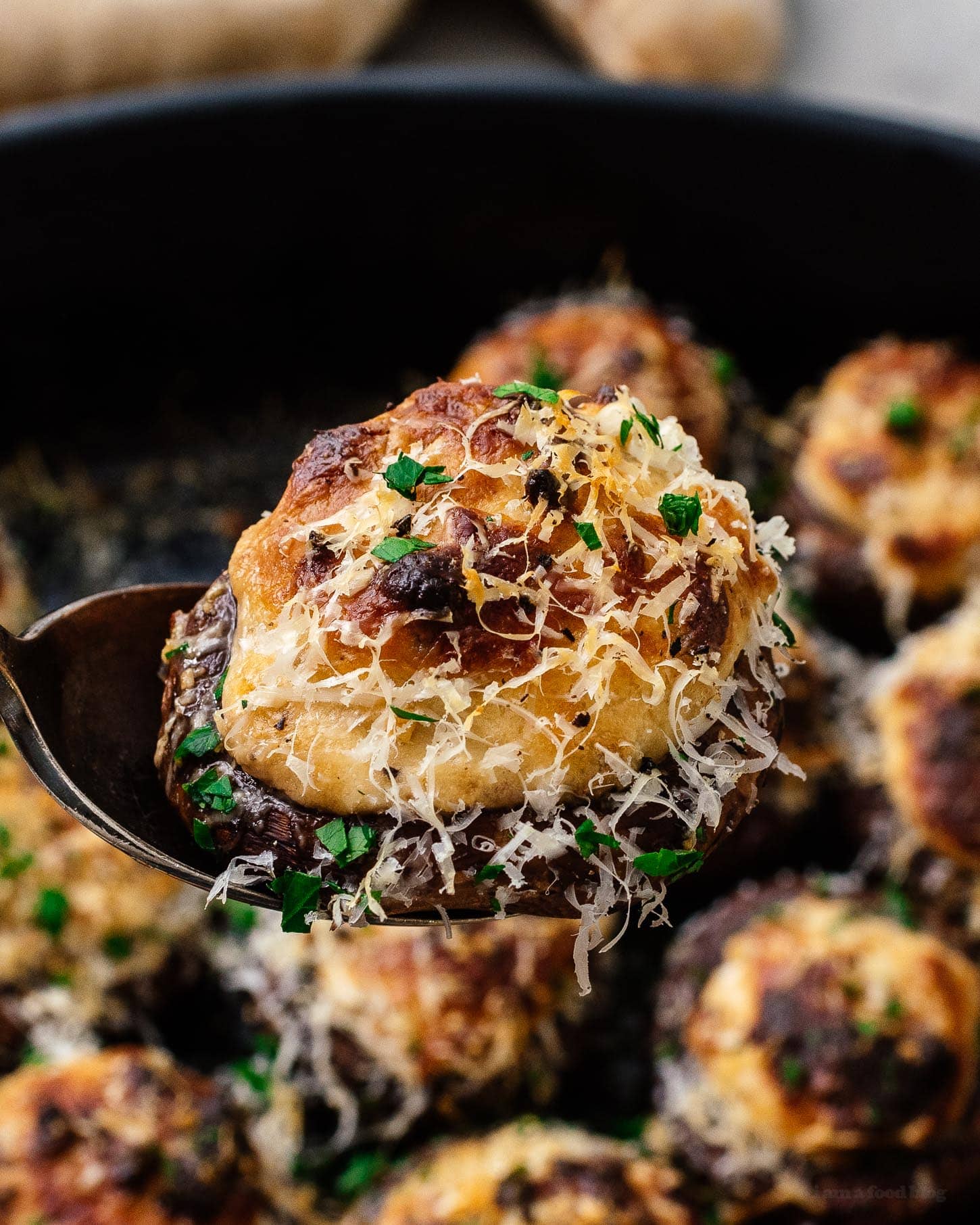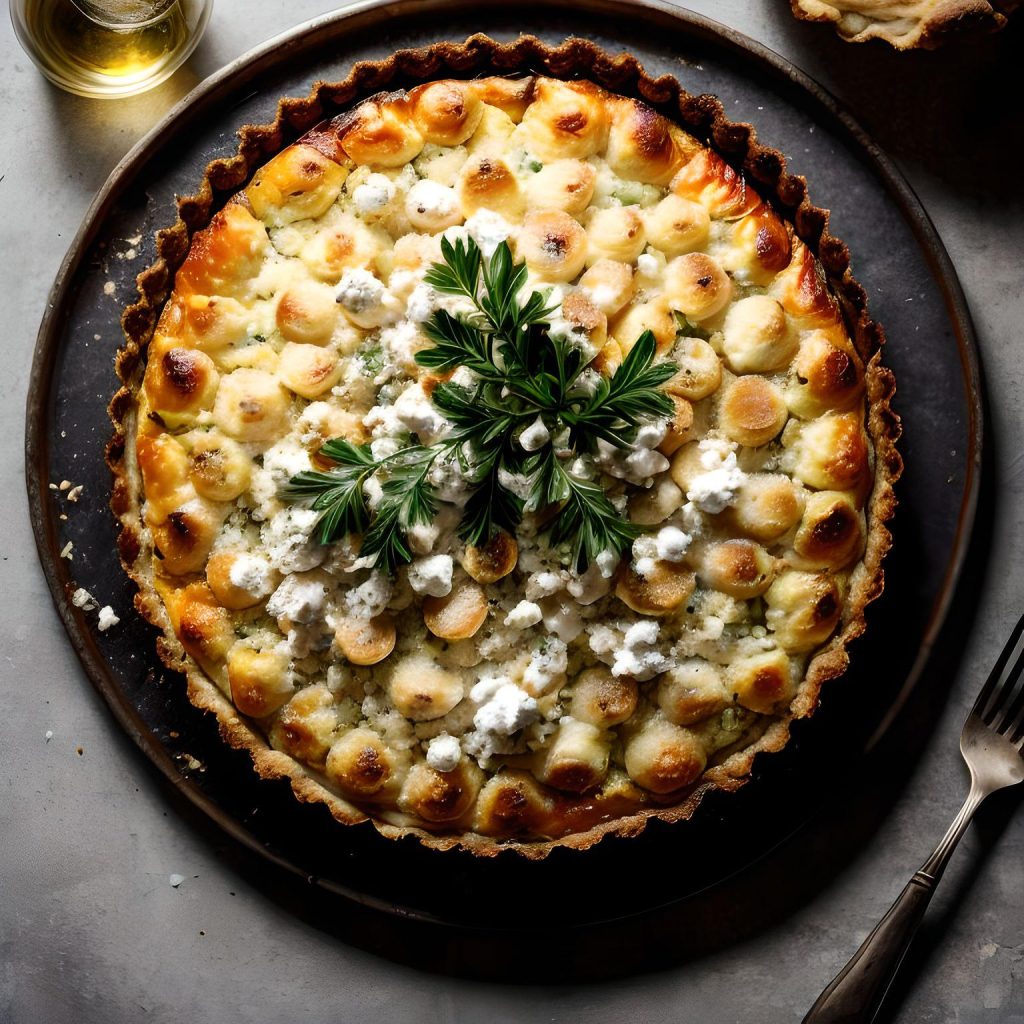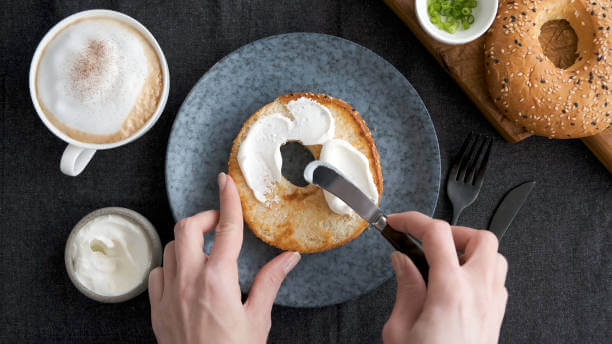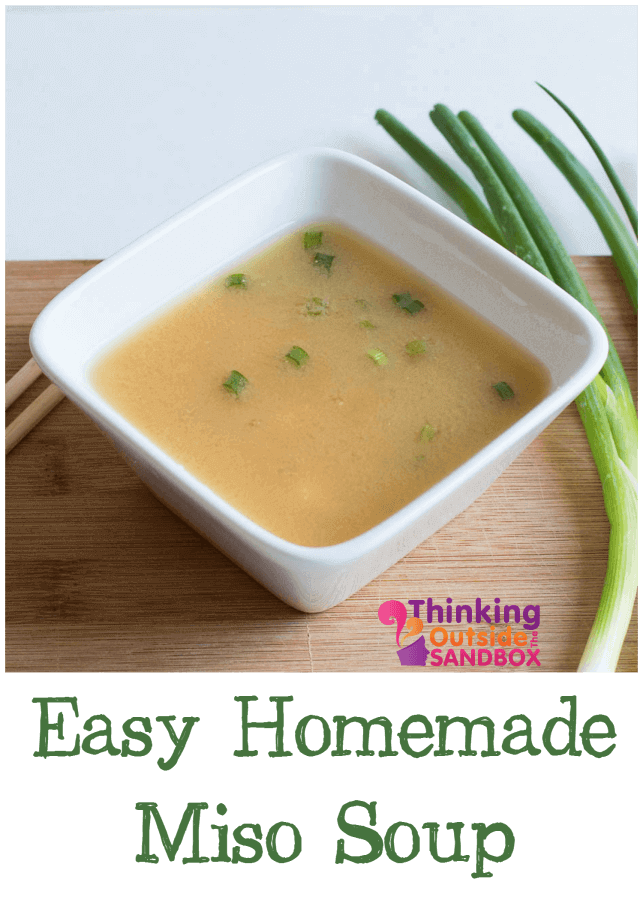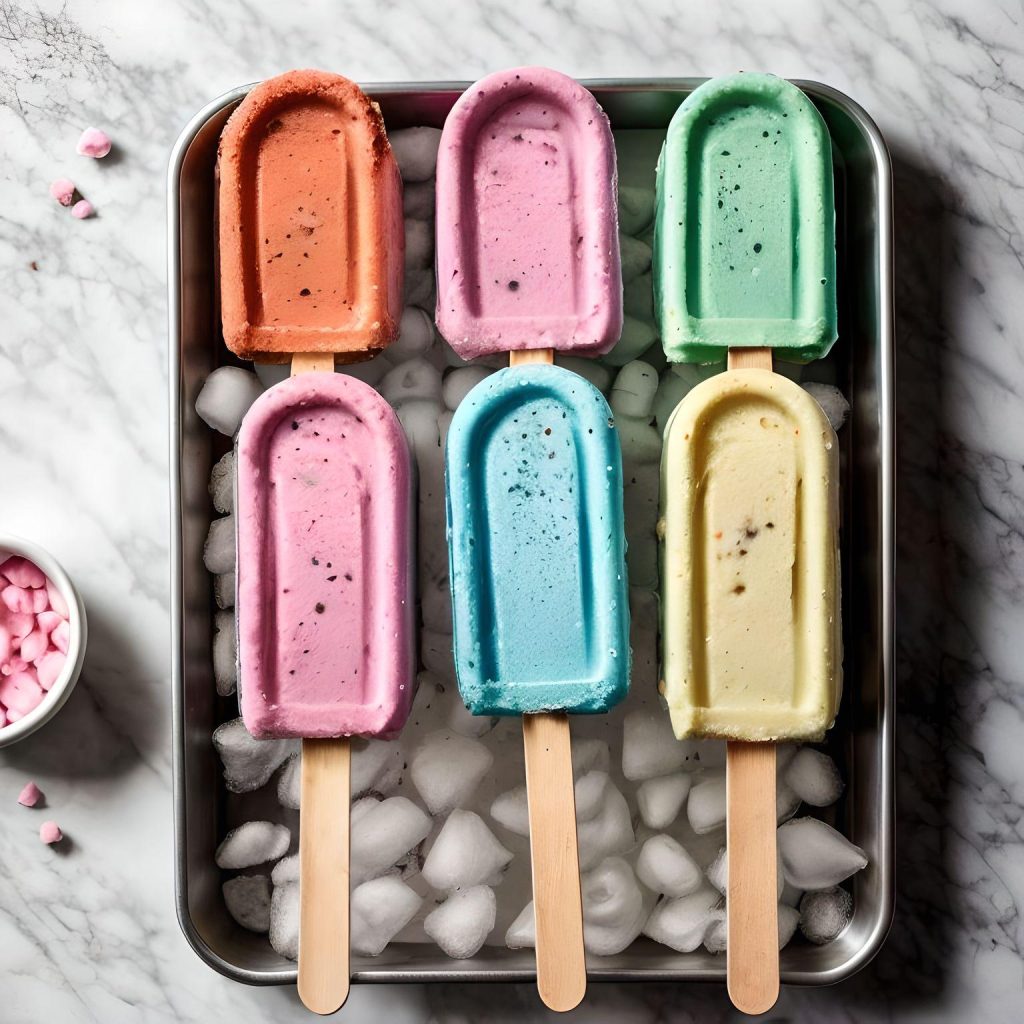Ghee has been a staple in conventional Indian delicacies for hundreds of years, valued for its distinctive taste and medicinal properties. Lately, it has gained immense recognition within the U.S., with many touting its potential well being advantages. However is ghee wholesome? This query has sparked appreciable debate as individuals search for alternate options to traditional cooking oils and butter. On this article, we’ll delve into the origins of ghee, its dietary profile, and the well being implications of including it to your eating regimen.
What Is Ghee?
Ghee is a sort of clarified butter that has been utilized in South Asian delicacies for 1000’s of years. Recognized for its wealthy, nutty taste and excessive versatility, ghee is usually considered a more healthy various to common butter.
How Ghee Is Made
The method of constructing ghee entails heating butter to separate its milk solids and water content material. This clarification course of leaves behind pure butterfat, which is then strained to take away impurities. The result’s a golden, fragrant fats that has an extended shelf life and a better smoke level than conventional butter.
Ghee vs. Clarified Butter
Whereas ghee is usually grouped with clarified butter, there are delicate variations. Clarified butter is made by eradicating the milk solids and water, identical to ghee. Nevertheless, ghee is simmered longer, permitting the milk solids to caramelize, which supplies it its distinct nutty taste.
Dietary Profile of Ghee
To grasp if ghee is wholesome, we have to look at its dietary content material. Ghee is a dense supply of vitality, filled with wholesome fat and important nutritional vitamins.
Key Dietary Elements
- Fat: Ghee comprises saturated fat, monounsaturated fat (MUFAs), and a small quantity of polyunsaturated fat (PUFAs).
- Energy: A tablespoon of ghee supplies about 120 energy.
- Nutritional vitamins: It’s wealthy in fat-soluble nutritional vitamins like Vitamin A, Vitamin D, and Vitamin E.
Comparability With Butter and Different Cooking Fat
- Butter: Ghee has a better focus of fat since milk solids and water are eliminated. This makes it barely greater in energy however simpler to digest for these delicate to dairy.
- Oils: In comparison with oils like olive oil, ghee is extra secure at excessive temperatures, making it a better option for frying or roasting.
Well being Advantages of Ghee
Ghee’s dietary profile helps numerous well being advantages, particularly when consumed moderately.
Wealthy Supply of Nutritional vitamins and Wholesome Fat
Ghee is loaded with Vitamin A, which is crucial for eye well being, immune perform, and pores and skin upkeep. It additionally comprises omega-3 fatty acids and conjugated linoleic acid (CLA), which can help coronary heart well being.
Lactose and Casein-Free
Not like common butter, ghee doesn’t include lactose or casein. This makes it a superb selection for people with lactose intolerance or those that have problem digesting dairy merchandise.
Excessive Smoke Level
Certainly one of ghee’s most interesting qualities is its excessive smoke level of roughly 485°F (252°C). This makes it superb for high-temperature cooking strategies like frying and roasting, as it’s much less prone to produce dangerous free radicals in comparison with different fat.
Potential Anti-Inflammatory Properties
Ghee is a pure supply of butyrate, a short-chain fatty acid that has been linked to lowered irritation and improved intestine well being. Research recommend that butyrate might assist fight irritation within the digestive tract and help general well-being.
Helps Digestive Well being
In Ayurvedic medication, ghee has lengthy been used to advertise digestion. Its lubricating properties may also help soothe the gastrointestinal tract, and the butyrate content material helps the well being of intestinal cells.
Potential Dangers and Concerns
Though ghee has many advantages, it’s important to grasp its potential dangers. Overconsumption or improper preparation can diminish its well being benefits. Listed below are some concerns to remember.
Excessive Saturated Fats Content material
Ghee is wealthy in saturated fat, which have lengthy been linked to coronary heart well being considerations.
- Implications for Coronary heart Well being: Consuming extreme saturated fat can elevate low-density lipoprotein (LDL) levels of cholesterol, generally known as “dangerous ldl cholesterol.” This may increasingly improve the danger of cardiovascular illnesses over time.
- Balanced Consumption: Whereas average consumption of ghee is unlikely to pose a major threat for wholesome people, these with present coronary heart situations or excessive levels of cholesterol ought to seek the advice of a healthcare skilled earlier than incorporating it into their eating regimen.
Associated to Learn: Is Butter Dangerous for Ldl cholesterol? Exploring the Details and Alternate options
Caloric Density
Ghee is calorie-dense, making it simple to overconsume with out realizing its influence in your every day consumption.
- Calorie Rely: A single tablespoon of ghee comprises roughly 120 energy. Including it liberally to meals can rapidly result in calorie overconsumption, particularly for these aiming to take care of or drop some weight.
- Aware Utilization: To get pleasure from ghee’s advantages with out extreme calorie consumption, measure parts fastidiously and incorporate it strategically into meals.
High quality and Preparation Strategies
The well being advantages of ghee are closely influenced by its high quality and the way it’s made.
- Sourcing Excessive-High quality Ghee: Go for natural, grass-fed ghee at any time when doable. Grass-fed varieties are likely to have greater omega-3 fatty acid and CLA content material.
- Dangers of Oxidized Ldl cholesterol: Improper storage or extended heating of ghee can result in the formation of oxidized ldl cholesterol, which is dangerous to cardiovascular well being. All the time retailer ghee in a cool, darkish place and keep away from reheating it a number of instances.
Ghee vs. Butter: Which Is More healthy?
Each ghee and butter are standard fat with distinctive properties. Evaluating the 2 may also help you resolve which is extra appropriate to your eating regimen.
Dietary Profiles
- Ghee: Wealthy in wholesome fat, freed from lactose and casein, and has a better smoke level, making it superb for high-temperature cooking.
- Butter: Accommodates barely fewer energy and retains its milk solids, which offer a creamy texture but additionally embody lactose and casein.
Well being Advantages and Dangers
- Ghee: Might promote digestive well being, scale back irritation, and help these with lactose intolerance. Nevertheless, its excessive saturated fats content material requires moderation.
- Butter: Gives Vitamin A and a few CLA however is probably not appropriate for people with lactose intolerance or dairy sensitivities.
Selecting Between Ghee and Butter
- You probably have lactose intolerance or require a fats supply for high-temperature cooking, ghee is the higher selection.
- Butter is extra appropriate for these searching for a mildly flavored fats or a supply of creaminess in recipes that don’t contain excessive warmth.
Incorporating Ghee Into Your Eating regimen
Including ghee to your meals can improve taste and vitamin when executed thoughtfully. Right here’s learn how to profit from it.
Cooking Functions
Ghee is a flexible cooking fats that may exchange butter, oil, or different fat in lots of recipes.
- Frying and Sautéing: Because of its excessive smoke level, ghee is ideal for frying eggs, sautéing greens, or making stir-fries.
- Baking and Spreading: Use ghee in baking recipes or as a selection on toast for a wealthy, nutty taste.
- Conventional Dishes: Ghee is a key ingredient in lots of South Asian recipes, resembling curries and lentil dishes.
Moderation and Serving Sizes
Whereas ghee gives quite a few advantages, it’s important to eat it moderately.
- Really helpful Consumption: For most individuals, 1–2 teaspoons per day is ample to get pleasure from its advantages with out overloading on energy or fat.
- Portion Management: Use measuring spoons to keep away from overestimating servings, particularly when including ghee to a number of dishes in a single meal.
Alternate options for Particular Dietary Wants
You probably have particular dietary restrictions or well being considerations, contemplate these alternate options:
- Olive Oil: A heart-healthy selection for these needing to scale back saturated fats consumption.
- Coconut Oil: Gives a excessive smoke level and related versatility however with a definite taste.
- Avocado Oil: One other high-smoke-point choice that works nicely for frying and roasting.
Conclusion
Ghee is a nutritious and flavorful addition to any kitchen, nevertheless it’s not with out its caveats. Wealthy in wholesome fat and nutritional vitamins, it may possibly help general well being when consumed moderately. Nevertheless, its excessive caloric density and saturated fats content material require conscious utilization. To get pleasure from the advantages of ghee whereas minimizing dangers, concentrate on portion management, sourcing high-quality merchandise, and tailoring your selection of fat to your particular person dietary wants. For customized recommendation, seek the advice of a healthcare skilled earlier than making important dietary modifications.
FAQs
1. Is ghee higher for you than butter?
Ghee is best for high-temperature cooking and for people with lactose intolerance as a result of it’s freed from milk solids. Nevertheless, butter comprises fewer energy and will be extra appropriate for lower-temperature recipes or when milk solids are desired.
2. How a lot ghee ought to I eat every day?
For most individuals, 1–2 teaspoons of ghee per day is ample to get pleasure from its advantages with out overconsuming fat or energy. All the time seek the advice of your physician when you have particular dietary considerations.
3. Can ghee assist with digestion?
Sure, ghee has been historically used to help digestion. Its butyrate content material can promote intestinal well being and soothe the gastrointestinal tract.
4. Is ghee secure for individuals with excessive ldl cholesterol?
Individuals with excessive ldl cholesterol ought to eat ghee moderately and seek the advice of a healthcare supplier, as its saturated fats content material can affect LDL levels of cholesterol.
5. Can I exploit ghee for baking?
Completely! Ghee can exchange butter or oil in baking recipes, providing a richer taste and a barely nutty aroma.



